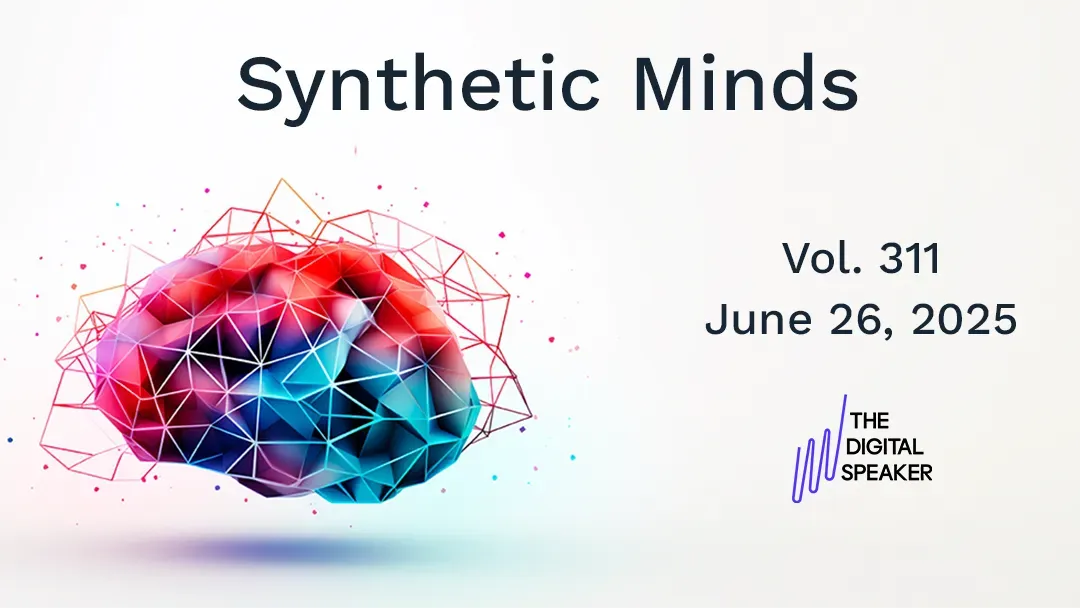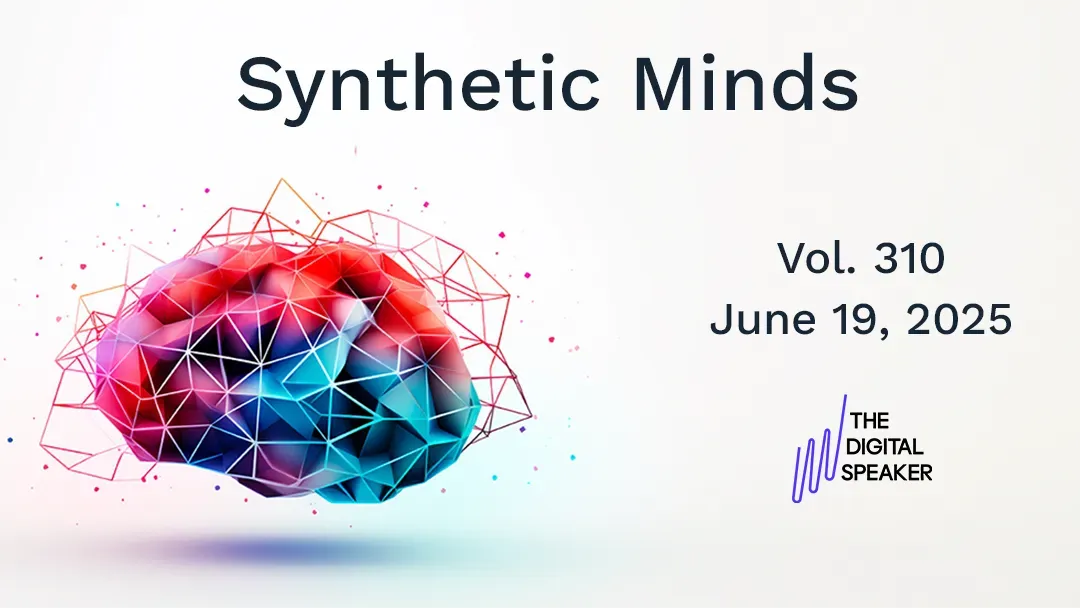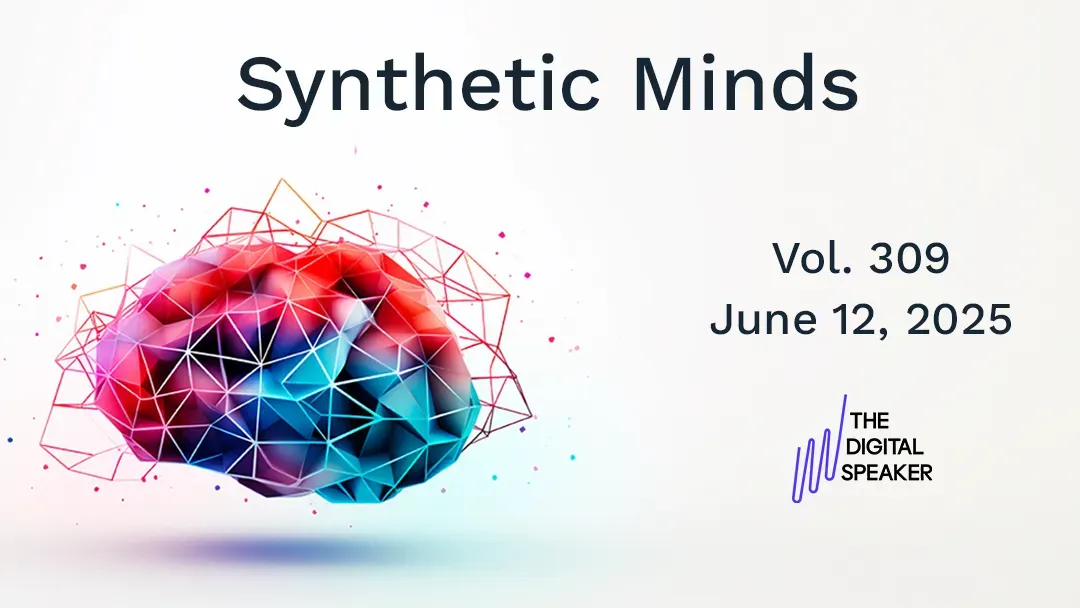Synthetic Minds | Gen AI Threats and the Rise of Humanoids
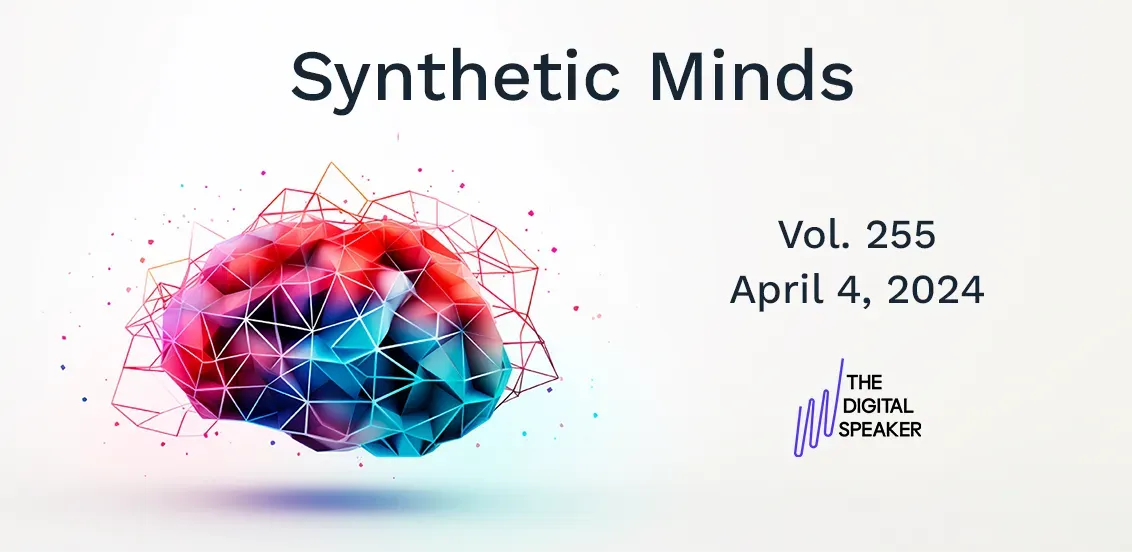
'Synthetic Minds', formerly known as the f(x)=e^x, serves as a mirror to the multifaceted, synthetic elements that are beginning to weave into the fabric of our society. The name acknowledges the blend of artificial and human intelligence that will shape our collective future, posing incredible opportunities and ethical dilemmas.
Evolving Cybersecurity: Gen AI Threats and AI-Powered Defence

My latest article:
The rapid advancement of Generative AI (GenAI) presents significant cybersecurity challenges. Advanced cyberattacks leveraging AI's capabilities, hyper-personalised phishing emails tailored to individuals, and code injections targeting private Large Language Models (LLMs) are emerging threats.
Deepfake phishing, vulnerabilities in encrypted AI-assistant chats, and malicious AI like DarkGemini further escalate risks. However, organisations can combat these evolving dangers by integrating AI into security operations, automating threat detection, enhancing training, and fortifying defences.
Proactive measures and collaboration between AI experts and cybersecurity professionals are crucial to stay ahead of adversaries in this AI-driven cybersecurity arms race.
Elevate Your Experience With Me! 🚀
I am inviting you to step beyond my traditional newsletter and join me on The Digital Speaker app. It's a unique opportunity to engage with me directly, in 28 languages, on-demand, and in a more interactive environment.
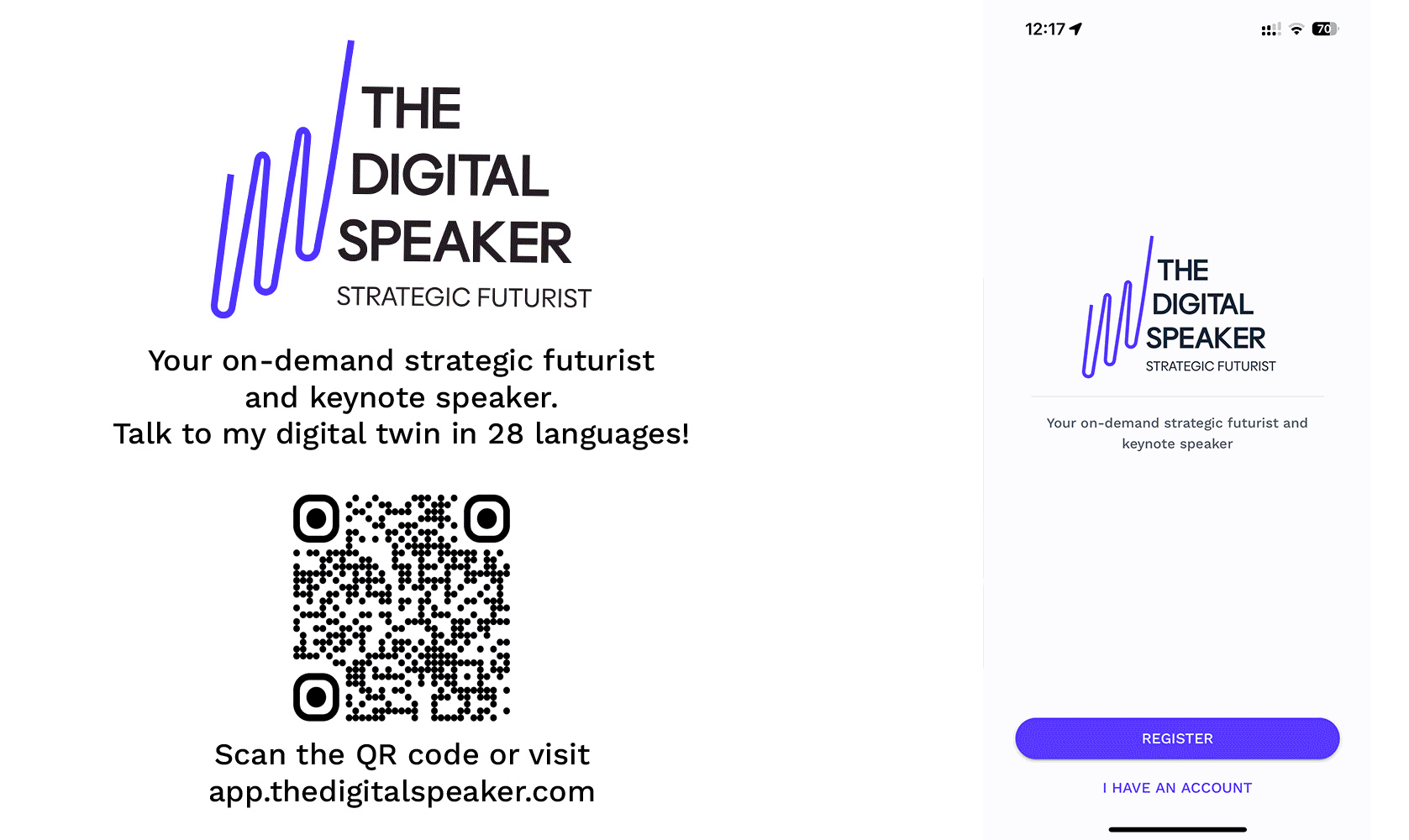
Synthetic Snippets: Quick Bytes for Your Synthetic Mind
Quick, curated insights to feed your quest for a better understanding of our evolving synthetic future. The below is just a small selection of my daily updates that I share via The Digital Speaker app. Download and subscribe today to receive real-time updates. Use the coupon code SynMinds24 to receive your first month for free.

1. AI'S PREMIUM LEAP: GOOGLE'S SEARCH FOR SUSTAINABLE INNOVATION
Google is considering a paid AI search tier, signalling a significant change from its ad-revenue model to address the high costs of advanced AI, like the "Gemini" project. This move, amidst fierce competition and rising operational expenses, may redefine user access, balancing innovation with accessibility. As the tech industry evolves, this strategy could influence the broader discourse on digital equity and innovation, raising questions about the future of free access in the age of advanced AI. (Financial Times)
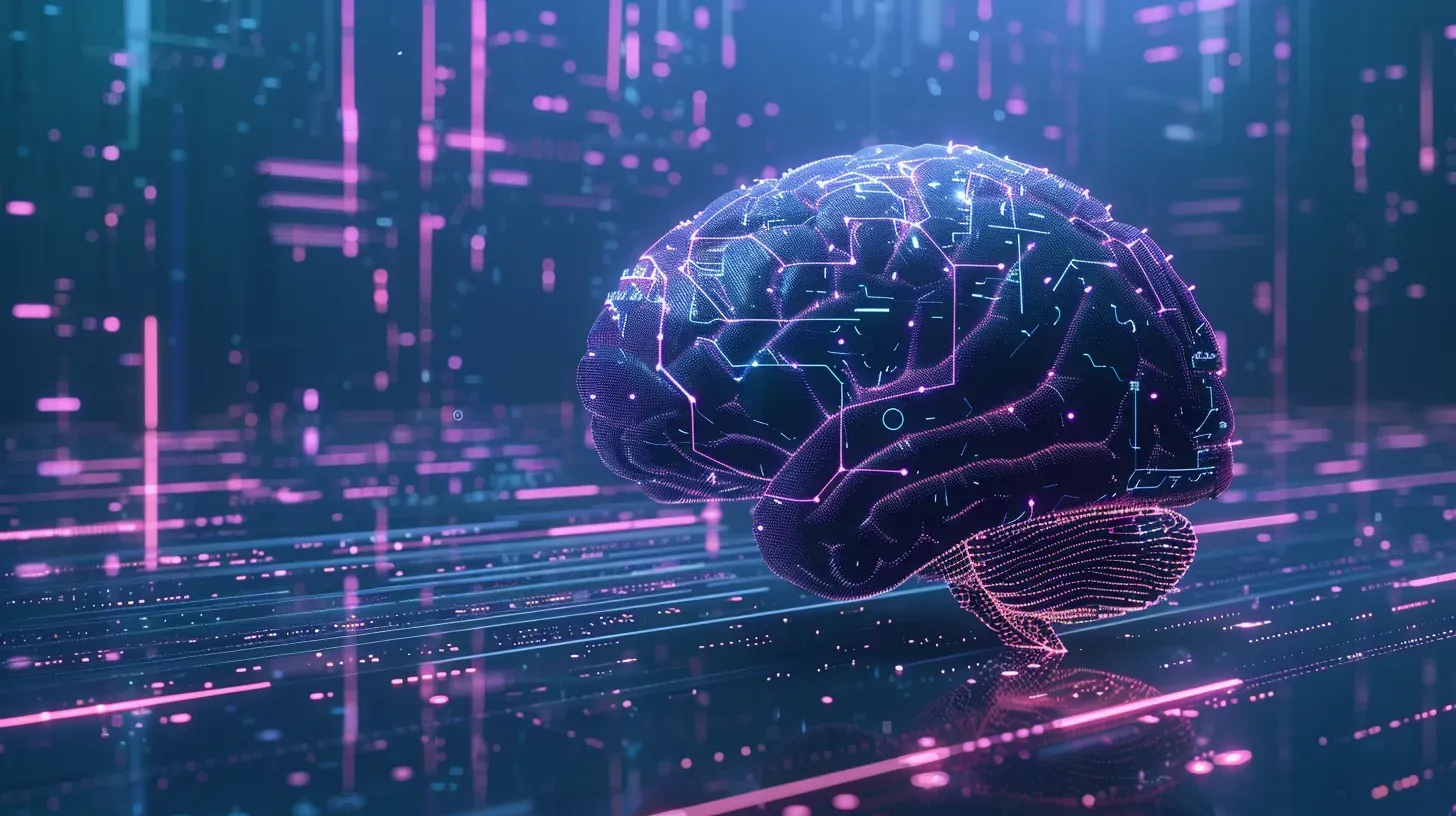
2. BRAINPOWER BOOST OR AI OVERREACH? NAVIGATING AI'S NEW FRONTIER
NeuroAI merges neuroscience and AI, eliciting diverse expert opinions on its potential and approach. Collaborative efforts, like Neuromatch and academic programs, aim to integrate these fields, potentially transforming AI applications and societal impacts. This convergence encourages examining AI's development and ethical use, contemplating how it can align more closely with human intelligence and values, and fostering societal advancements. (Nature)

3. AI SPRING THAW: BALANCING INNOVATION WITH CAUTION IN THE BOARDROOM
Enterprises are increasingly cautious about AI, emphasising ethics and security amid its rapid industry transformation. Surveys reveal a predominant pause in AI initiatives among IT leaders, highlighting concerns over ethics, data privacy, and societal impact. Despite scepticism, AI's potential to boost efficiency and customer experience is acknowledged. The industry faces a pivotal choice between rapid AI adoption and developing careful ethical frameworks, suggesting a future where innovation must align with responsibility and transparency to foster a balanced technological ecosystem. (Diginomica)

4. AI DIPLOMACY: NAVIGATING THE NEW FRONTIER OF GLOBAL GOVERNANCE
The UN's unanimous AI resolution reflects global efforts to align on 'safe, secure, trustworthy' AI amid diverse national approaches and geopolitical strains. Despite differing AI governance philosophies, over 120 nations, including major players like the USA and China, have committed—liberal democracies advocating for open values and China for state-centric control. This initial consensus highlights a move toward shared understanding and responsible AI development, raising questions about its impact on future global AI cooperation and whether it unifies or deepens global divisions. (Australian Strategic Policy Institute)

5. STEP BY STEP: HUMANOIDS MARCH INTO THE FUTURE OF AUTOMATION
Humanoid robots are advancing from conceptual designs to practical applications, suggesting a shift toward significant roles in industries. Demonstrations like Nvidia's suggest a future where these robots move beyond entertainment into operational settings. This transition focuses on utility and integration, aiming to align robots' designs with human-centric environments. The evolution questions whether this marks a true revolution in robotics, emphasising functional use over novelty, or if it merely projects human traits onto the next phase of automation. It challenges us to discern the genuine value of humanoid forms in technology's progression. (TechCrunch)
2024 will be the year of deepfakes; the more advanced AI becomes, the more sophisticated the deepfakes will be.
My digital twin and I discussed these threats and what to do about them in my 2023 TEDx talk.

Download the full 2024 Top Ten Technology Trends Report
Know someone who needs the Synthetic Minds?
Forward it to someone who might like it too.

